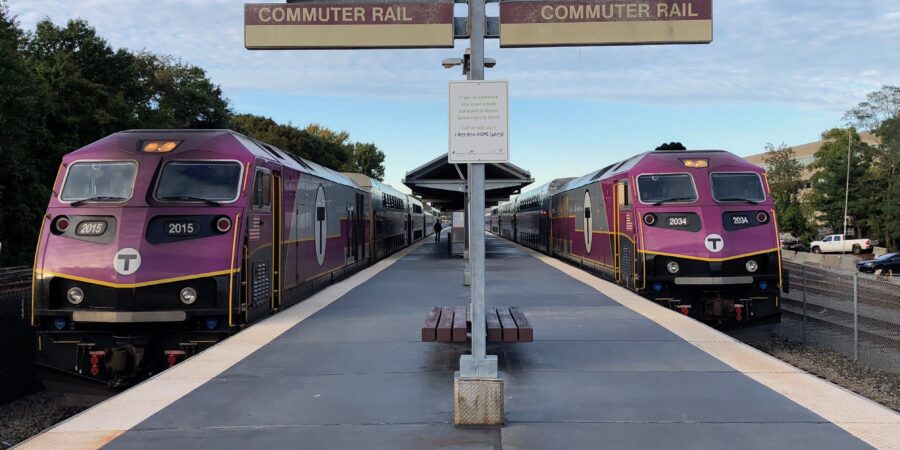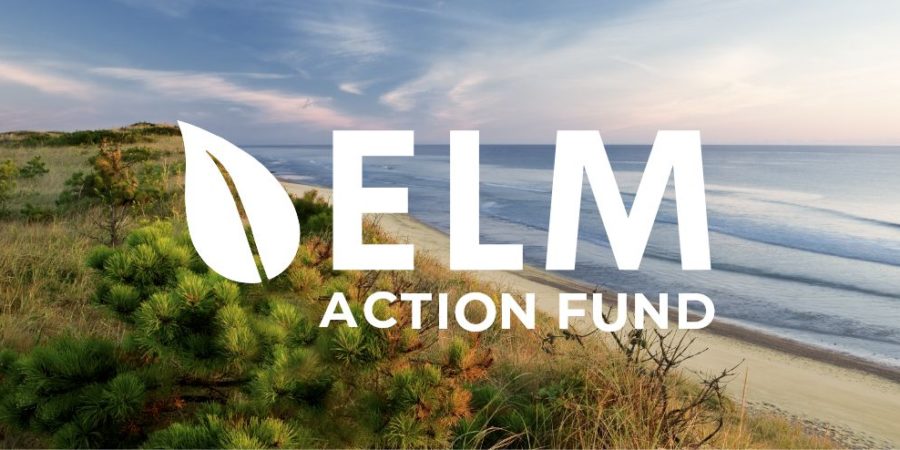Advancing sustainable transportation
Responsible for roughly 40% of our greenhouse gas emissions, transportation is the single largest source of climate pollution in Massachusetts. In addition to reducing emissions, advancing clean transportation will improve public health, saving the Commonwealth billions of dollars in avoided healthcare costs. We need more electric vehicles (EVs) on the road as well as safe and reliable public transit and expanded walking and biking infrastructure. By investing in electrified transportation solutions, we can reduce emissions, make communities healthier, and drive our state’s competitiveness.
We at ELM advocate for:
- Investing federal funding to reducing emissions in the transportation sector.
- Robust, predictable, and sustainable funding for transit agencies across the Commonwealth to increase ridership and expand electrification.
- Commuter Rail and bus electrification, particularly on routes that serve environmental justice communities and Gateway Cities.
- Expansive EV charging infrastructure to facilitate zero-emission vehicle adoption and travel in communities across the Commonwealth and the region.
- Improving multimodal mobility through funding for both the Complete Streets Program and for biking and walking infrastructure.
2024 Climate Omnibus Legislation
Massachusetts has set bold climate goals and made significant investments in planning our net-zero transition, but we are not on pace to meet our 2030 goals. Before the end of the session on July 31st, the Environmental League of Massachusetts and our partners are calling for legislation that includes:
- Reforming the permitting and siting process
- Facilitating efficient and responsibly-developed renewable energy
- Decarbonizing our transportation sector
- Planning for a net-zero built environment
H.3392/S.2217, An Act relative to setting deadlines to electrify the Commuter Rail
Sponsors: Rep. Owens, Rep. Armini, Sen. Crighton
Transportation currently accounts for 37% of Massachusetts’s greenhouse gas emissions, the most of any sector of our economy. This bill would establish a timeline for electrification of the Commuter Rail system with priority given to lines serving EJ communities, an initiative endorsed by the MBTA’s Fiscal and Management Control Board in 2019.

